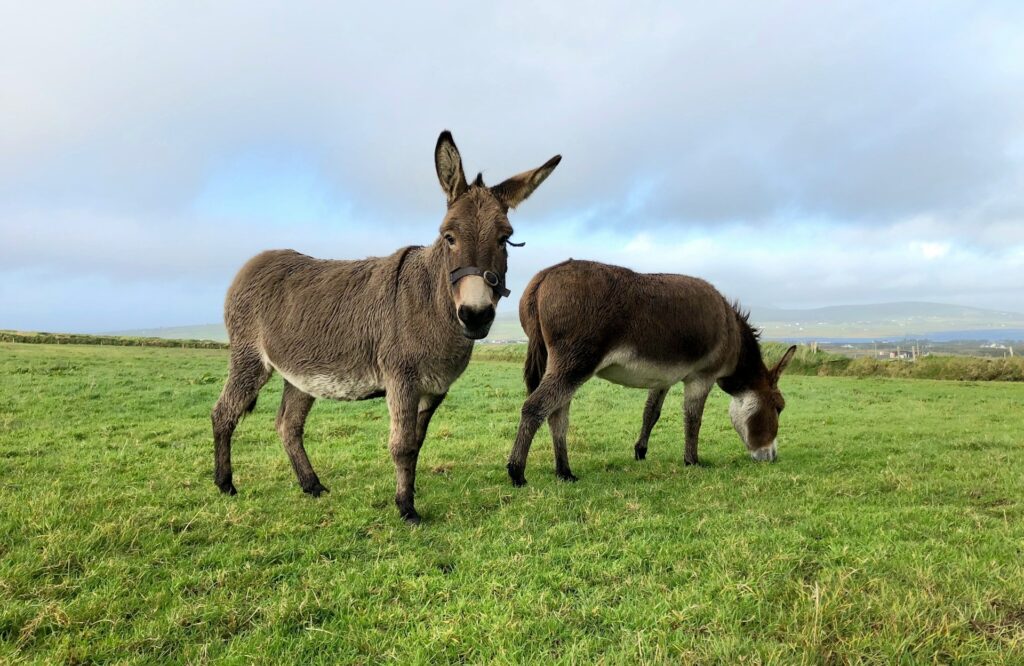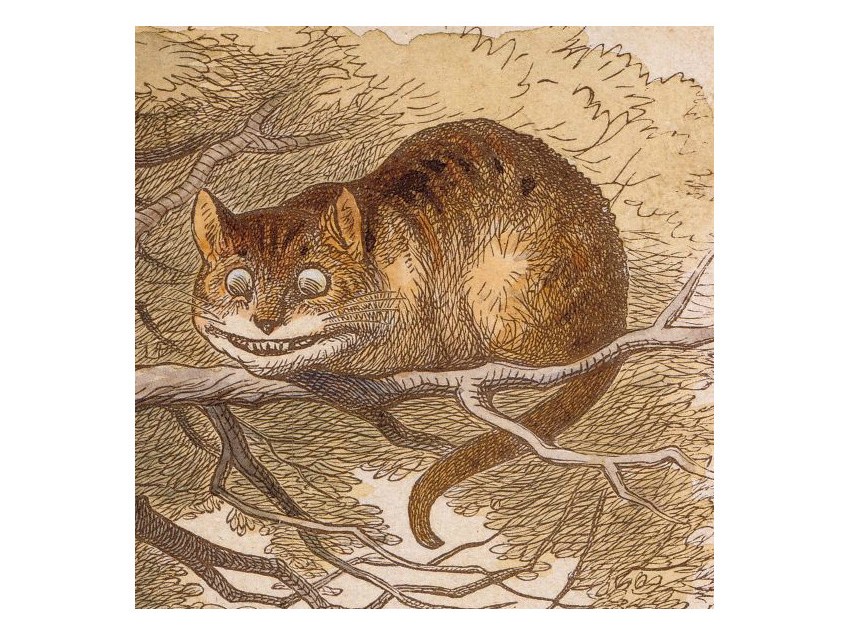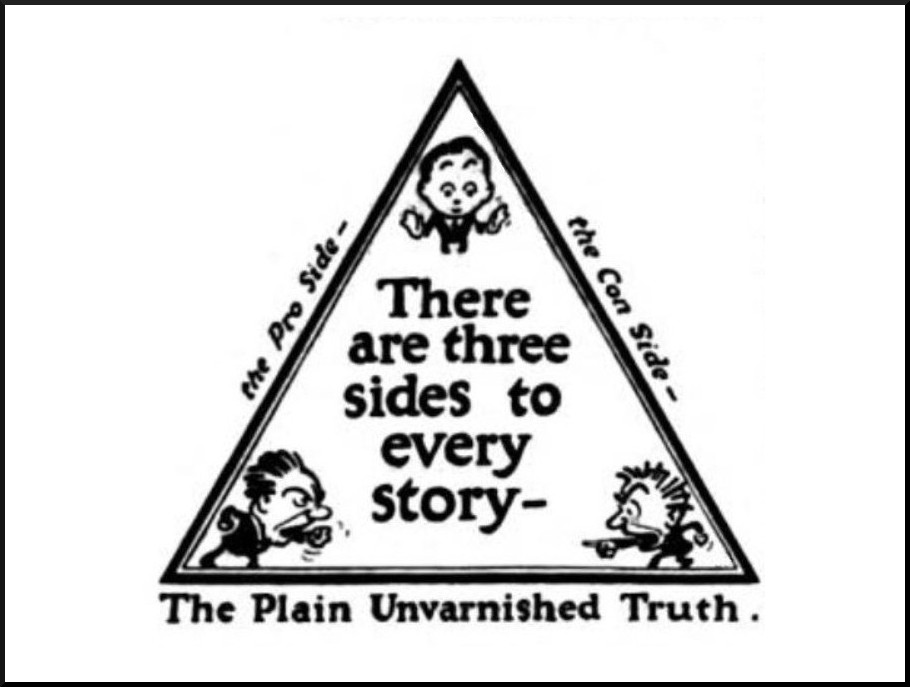T. S. Eliot? Samuel Beckett? W. H. Auden? Vladimir Nabokov? Gloria Goddard? Clement Wood? J. L. Thompson? Tom Congdon? Alan Bennett?

Question for Quote Investigator: The name of the major literary figure T. S. Eliot has inspired entertaining wordplay. A bookseller who visited the London headquarters of Eliot’s publisher, Faber and Faber, supposedly emerged with the following palindrome:
Was it Eliot’s toilet I saw?
This tale is probably apocryphal, but it would be fun to know who constructed this palindrome. Wordsmiths have also created anagrams for T. S. Eliot such as litotes, toilets, and toilest. Would you please explore this topic?
Reply from Quote Investigator: Poet T. S. Eliot was born in 1888 and died in 1965. Here is an overview of the wordplay together with dates and attributions:
1937: toilet – T. Eliot spelled backwards from Samuel Beckett
1938: toilets – anagram of T. S. Eliot in a book by Gloria Goddard and Clement Wood
1953: toilet – T. Eliot spelled backwards from J. L. Thompson
1962: toilest – T. S. Eliot spelled backwards from Vladimir Nabokov
1969: Was it Eliot’s toilet I saw? – palindrome from Tom Congdon
1975: litotes – anagram of T. S. Eliot attributed to W. H. Auden
This overview represents a current snapshot based on published evidence, and it may change as additional evidence is uncovered. Below are selected citations in chronological order.
Continue reading “Palindrome Origin: Was It Eliot’s Toilet I Saw?”







